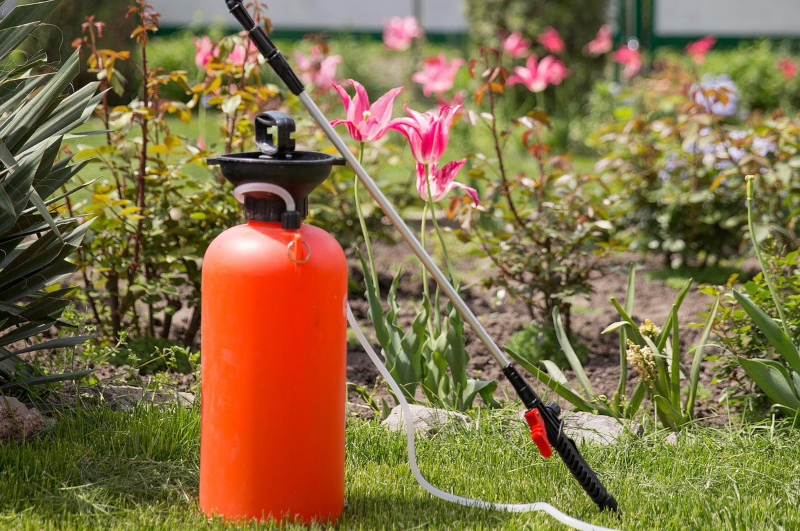
Like any living thing, the grass on your lawn needs food. But grass is a plant, and plants make their own food via photosynthesis.
So, why and how should you feed your lawn? Read on to find out.
What is lawn feed?
You may see lawn feed referred to as ‘lawn fertiliser.’ The two terms are not exactly the same, but any decent gardener will know what you mean if you say one instead of the other.
As mentioned, grass makes its own food. It takes carbon dioxide, sunlight, and water, and through a process called photosynthesis, makes them into its own food.
The purpose of lawn feed is simply to add more nutrients to this process.
Now, strictly speaking, a plant only needs carbon dioxide, water and sunlight to survive. But would you want to live on a diet that only meets your most basic needs? Although you can get away with not using lawn feed, but those extra nutrients will do a lot to help keep your grass healthy and strong.
Most lawn feeds contain a mixture of three primary ingredients: nitrogen, phosphorous, and potassium. The ratio of each will depend on the feed, and which kind of feed you need depends on the time of year.
How does lawn feed work?
Lawn feed works by ‘feeding’ nutrients into the soil in which the grass grows. This allows the grass to draw on more nutrients for photosynthesis, leading to a healthier lawn.
There are different types of fertiliser, but the three main ingredients of lawn feed do different things:
• Nitrogen (N): encourages growth and helps push chlorophyll production to make grass green
• Phosphorous (P): helps maintain the general health of the grass, and encourages the roots to grow
• Potassium (K): makes grass more resilient and resistant to disease and drought – with climate change driving up the UK’s average temperature from one summer to the next, this is going to be ever more vital as time progresses.
Other elements in lawn feed can include zinc, iron, magnesium, sulphur, manganese, and copper. Each has its own part to play in the life cycle of a plant like grass. Manganese helps with pollen germination, sulphur is used in the formation of plant oils, copper helps with seed production, etc.
So, by feeding your soil, you’ll be giving your lawn everything it needs to be as healthy as possible.
How do I feed my lawn?
Feeding your lawn is a great way to boost your lawn’s overall health. But, just like humans can suffer after over-eating, so too can lawns be overfed.
Different lawn feeds will work better at different times of year. Here at Lawn & Weed Expert, we use controlled-release feeds that ensure the lawn doesn’t get scorched from being overfed. We offer our specialist lawn fertiliser treatments all year round, ensuring your lawn stays healthy across the whole year.
If you’re concerned about the health of your lawn, get in touch, and we can offer a free lawn survey. We can take a look and arrange the right treatment to make your lawn as healthy as possible.
Get In Touch